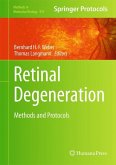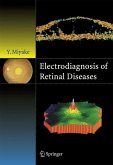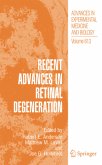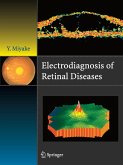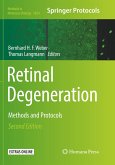Over the past decades, knowledge about the cellular and molecular basis underlying the visual process has remarkably increased. In Retinal Degeneration: Methods and Protocols, expert researchers in the field provide a guide of relevant and state-of-the-art methods for studying retinal homeostasis and disease. These include methods and techniques for addressing cell culture systems and animal models of disease, their generation, their phenotypic and molecular characterization as well as their use in therapeutic approaches to the retina. Written in the highly successful Methods in Molecular Biology(TM) series format, chapters include introductions to their respective topics, lists of the necessary materials and reagents, step-by-step, readily reproducible laboratory protocols, and key tips on troubleshooting and avoiding known pitfalls.
Authoritative and practical, Retinal Degeneration: Methods and Protocols aids scientists in continuing to study the cutting-edge techniques of retinal cell biology in health and disease.
Authoritative and practical, Retinal Degeneration: Methods and Protocols aids scientists in continuing to study the cutting-edge techniques of retinal cell biology in health and disease.
From the book reviews:
"This step-by-step guide to studying retinal cell biology in health and disease covers a large spectrum of techniques and animal model species. ... Certainly, this book is for basic scientists. It is a great tool for those based in laboratories, and researchers at all levels can benefit from the basics to key tips on troubleshooting cutting-edge techniques and avoiding pitfalls. ... This book is great in simplifying new cutting-edge techniques in studying retinal degeneration." (Ayham Skaf, Doody's Book Reviews, May, 2013)
"This step-by-step guide to studying retinal cell biology in health and disease covers a large spectrum of techniques and animal model species. ... Certainly, this book is for basic scientists. It is a great tool for those based in laboratories, and researchers at all levels can benefit from the basics to key tips on troubleshooting cutting-edge techniques and avoiding pitfalls. ... This book is great in simplifying new cutting-edge techniques in studying retinal degeneration." (Ayham Skaf, Doody's Book Reviews, May, 2013)


